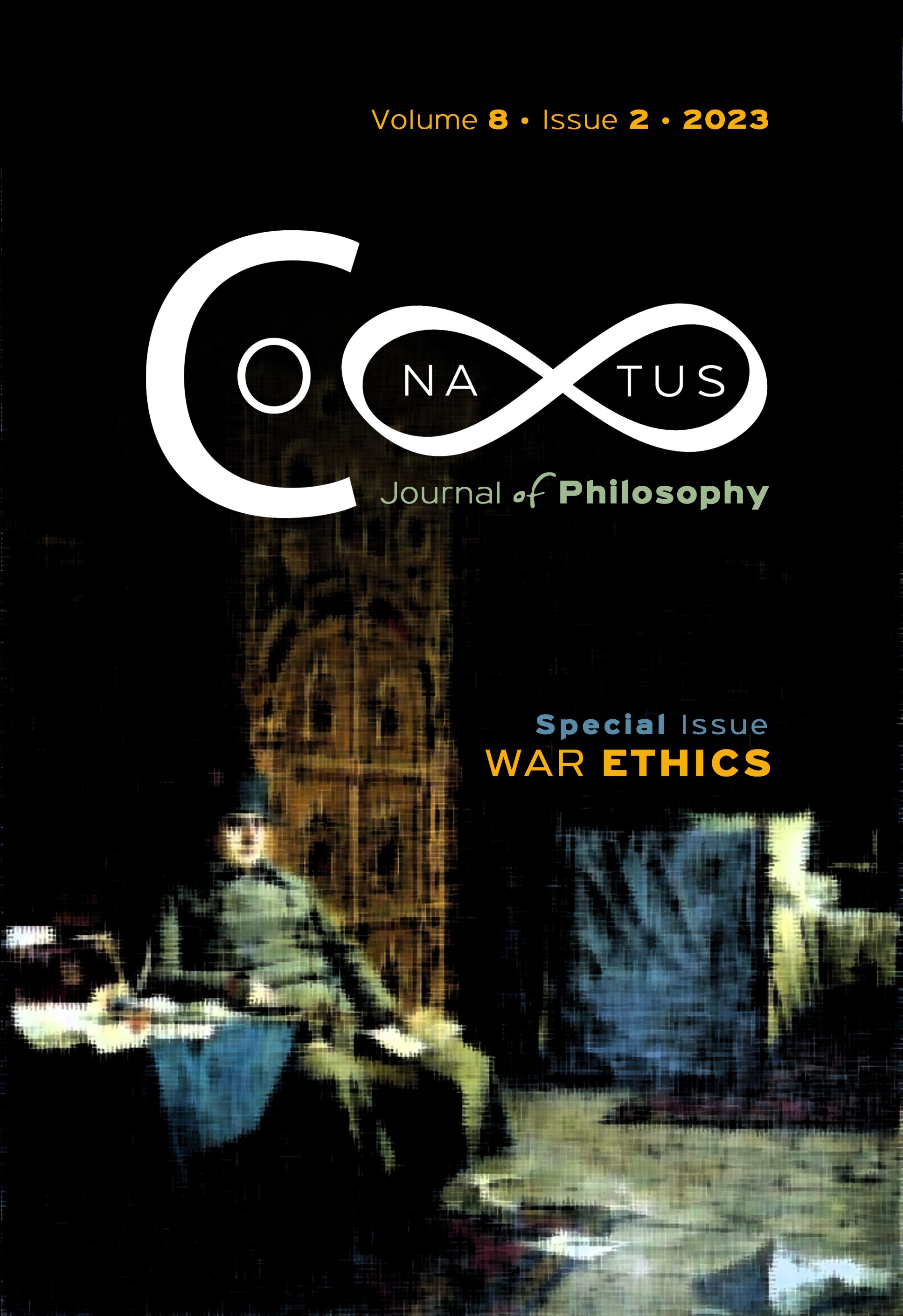Discussion on Social Media Aesthetic War: Maurice Blanchot and the Establishment of Ethics

Abstract
This short discussion paper proposes a non-traditional view to ethics and war, and aims to highlight new perspectives on how we view and understand war. Images, images, images are everywhere in the virtual sphere of the internet, YouTube, ads, and social media. This process of expressing oneself via the virtual image accelerates the fight for the aesthetic virtual beauty when people are trying to create an image of glorified, ideal, and perfect life. This is a mode of fight which aims to narcissistically show off their grandiosity and desire for recognition, admiration, and fascination, fighting for the viewers and followers. Such mode of hedonistic desire seems to shun ethics away from the screen. However, Maurice Blanchot, a 20th century French philosopher, who was prone to denounce the issues of his contemporary time in a rather obscure and distant way, may give us the opportunity to understand this war of aesthetics in social media and ethics.
Article Details
- How to Cite
-
Šumilova, J. (2023). Discussion on Social Media Aesthetic War: Maurice Blanchot and the Establishment of Ethics. Conatus - Journal of Philosophy, 8(2), 657–665. https://doi.org/10.12681/cjp.35103
- Section
- Articles
- Categories

This work is licensed under a Creative Commons Attribution-NonCommercial 4.0 International License.
Authors who publish with this journal agree to the following terms:
Authors retain copyright and grant the journal right of first publication with the work simultaneously licensed under a Creative Commons Attribution Non-Commercial International License (CC BY-NC 4.0) that allows others to share the work with an acknowledgement of the work's authorship and initial publication in this journal.
Authors are able to enter into separate, additional contractual arrangements for the non-exclusive distribution of the journal's published version of the work (e.g. post it to an institutional repository or publish it in a book), with an acknowledgement of its initial publication in this journal.
Authors are permitted and encouraged to post their work online (preferably in institutional repositories or on their website) prior to and during the submission process, as it can lead to productive exchanges, as well as earlier and greater citation of published work.





